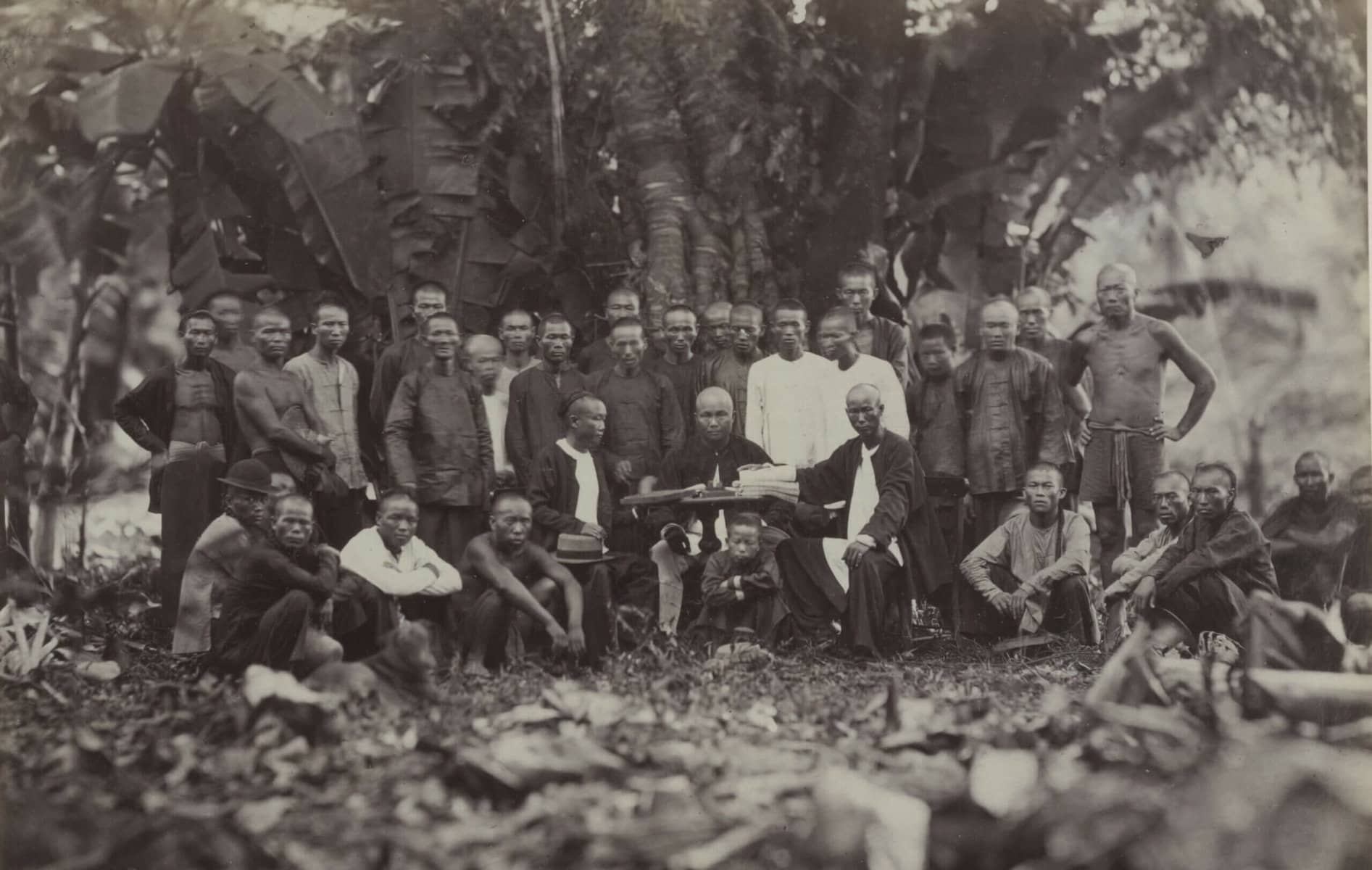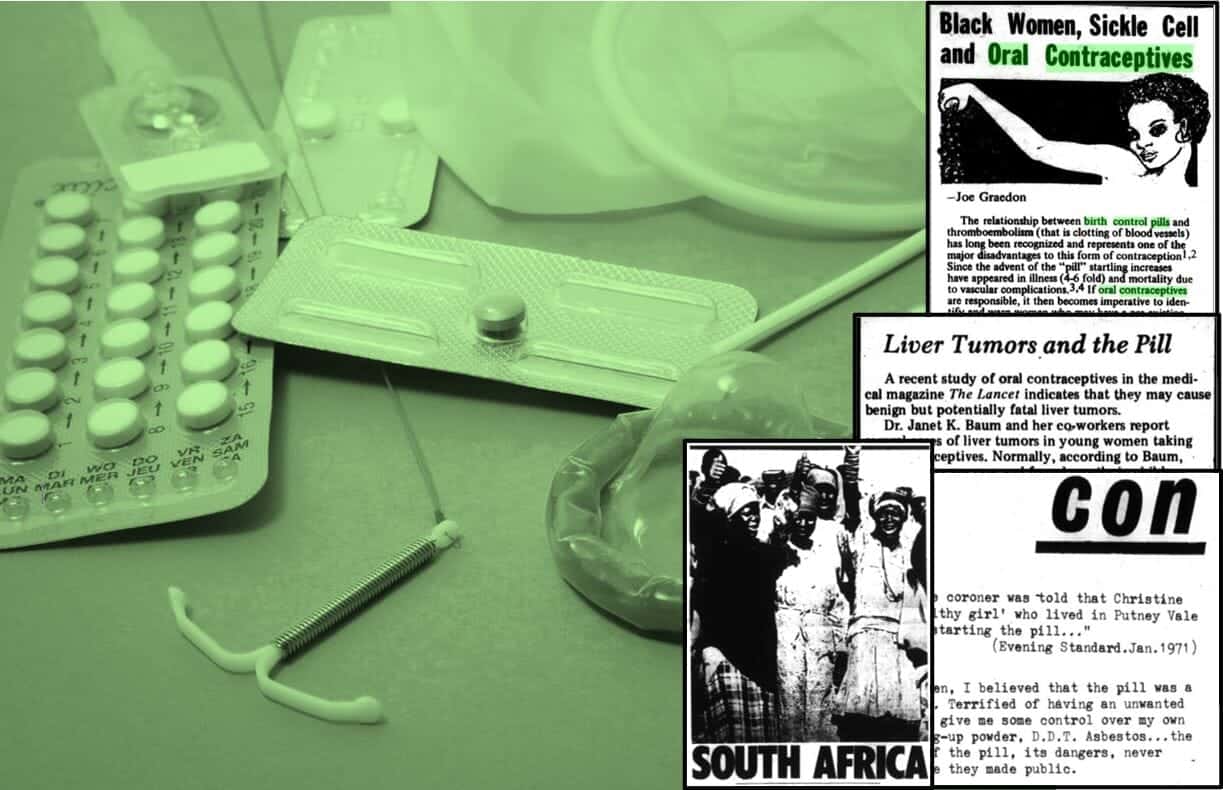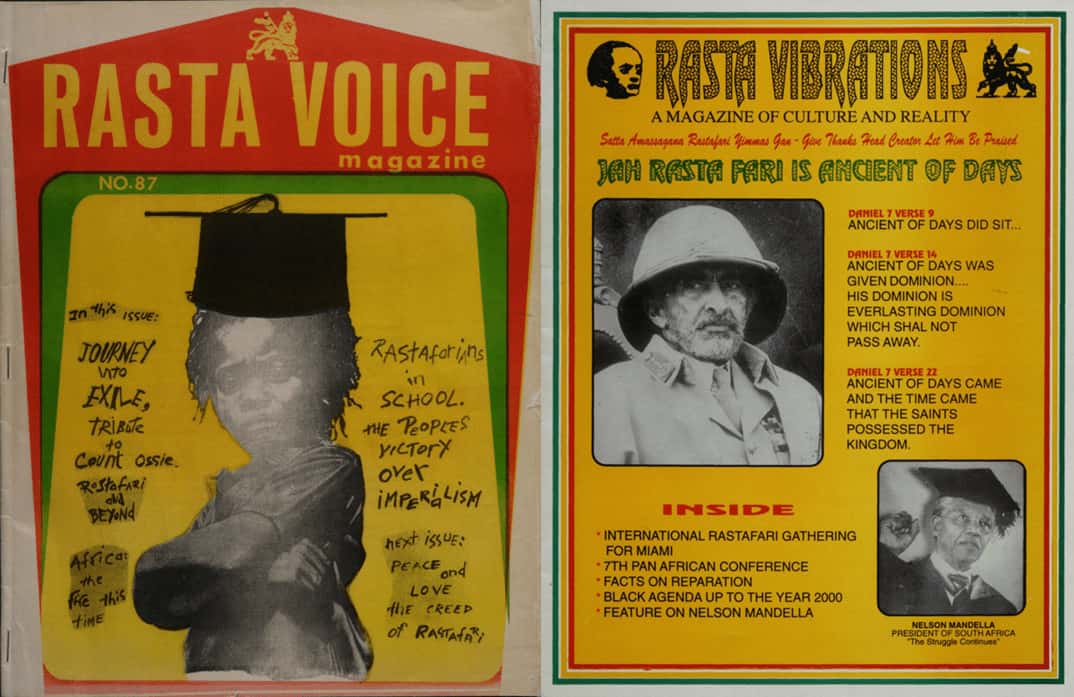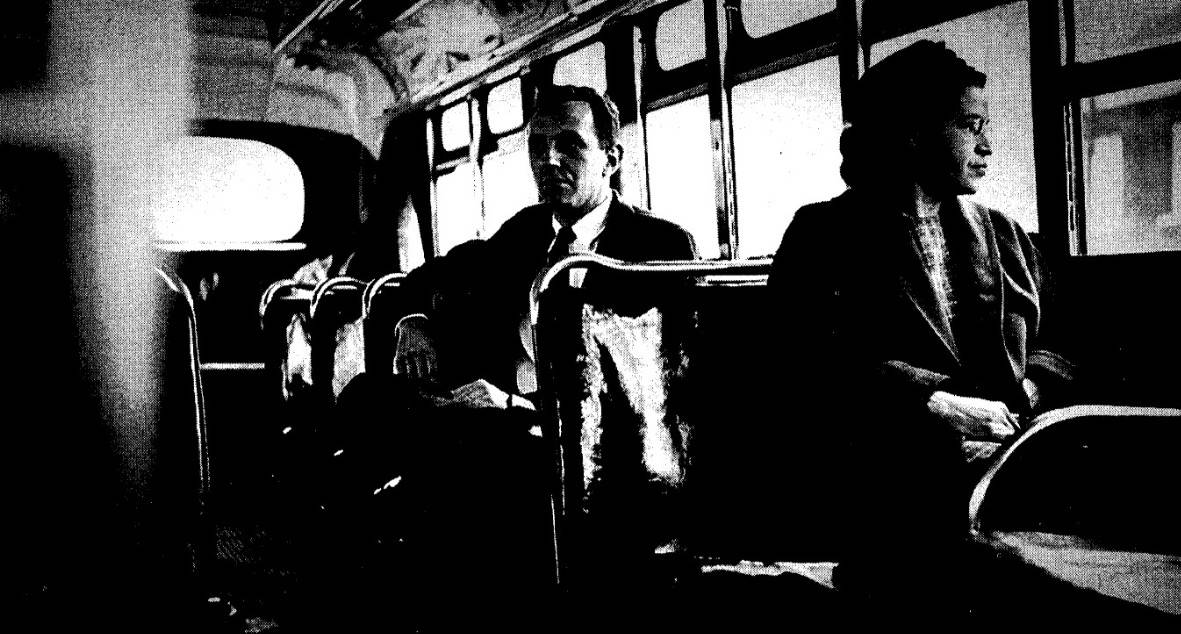|By Winnie Fok, Assistant Editor, Gale Asia|
“Coolies” (a historical term for indentured workers) are a relic of the past, no longer around today. This blog post captures the fascinating and tumultuous history of the coolie trade in brief, through the valuable primary source materials found in China and the Modern World: Imperial China and the West Part 1, 1815–1881 and China and the Modern World: Imperial China and the West Part 2, 1865–1905.







